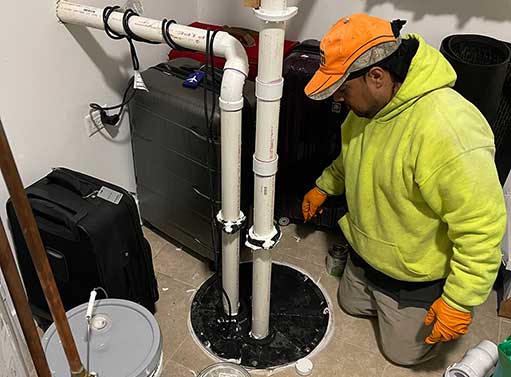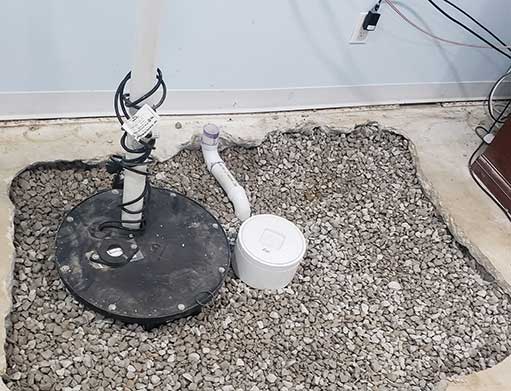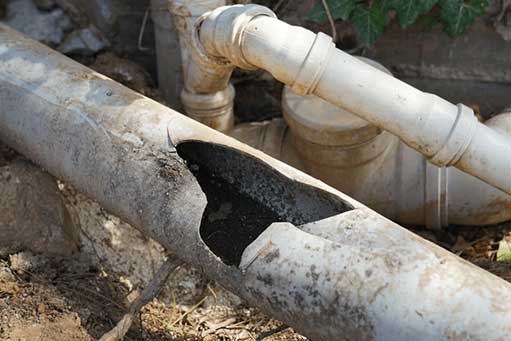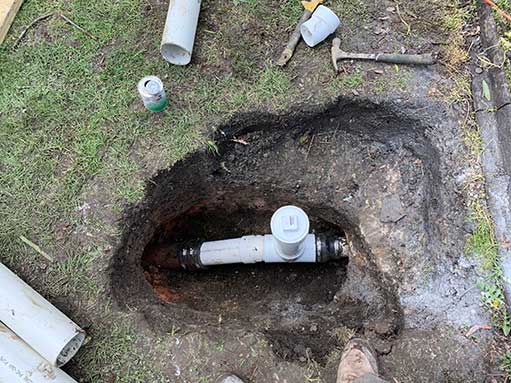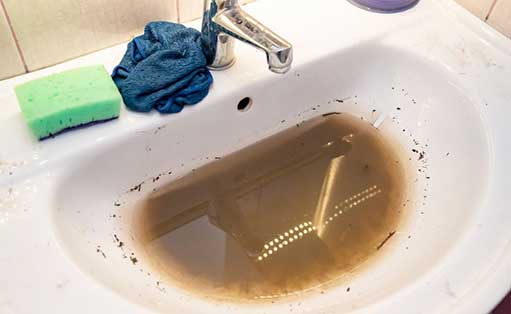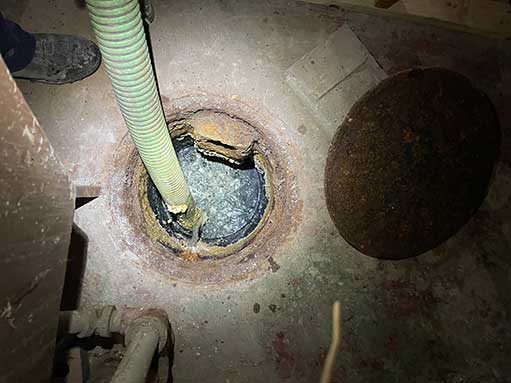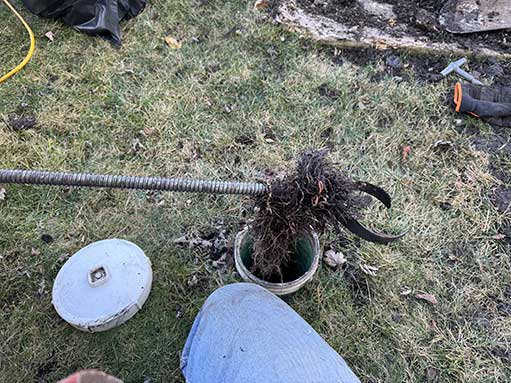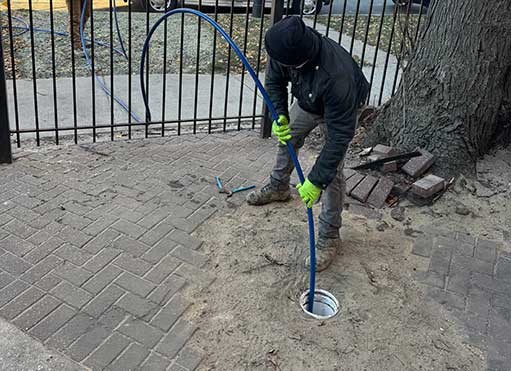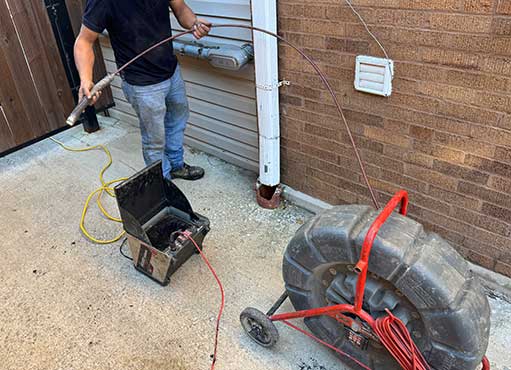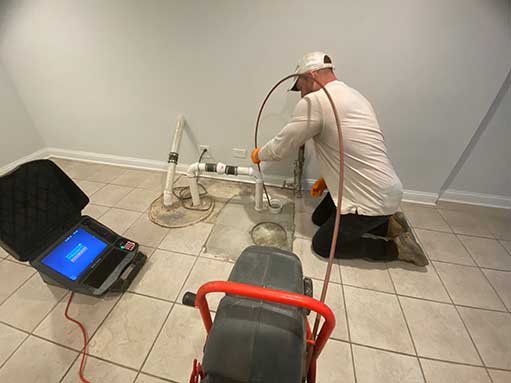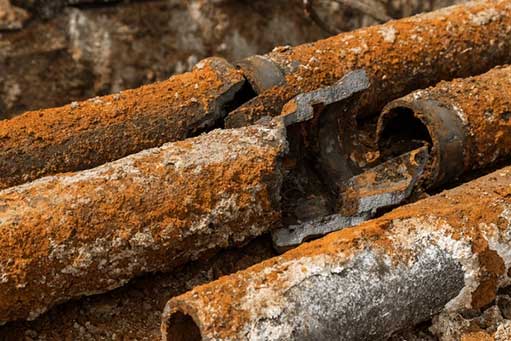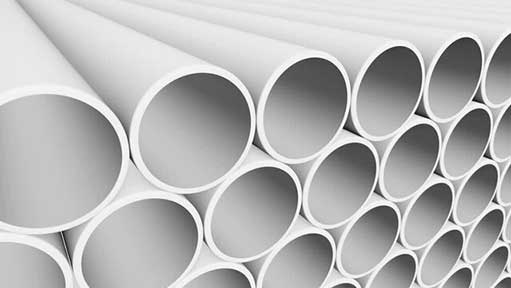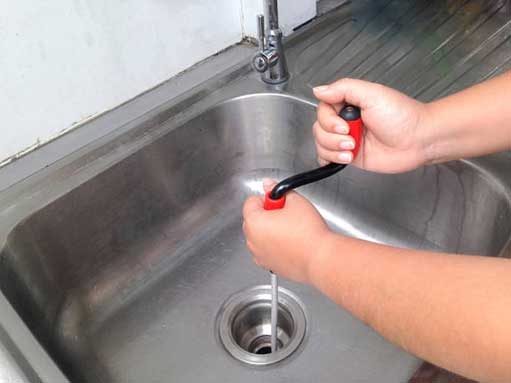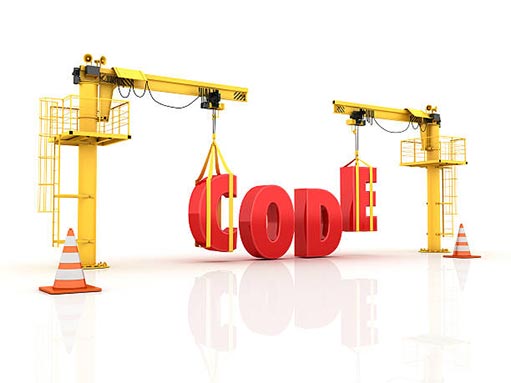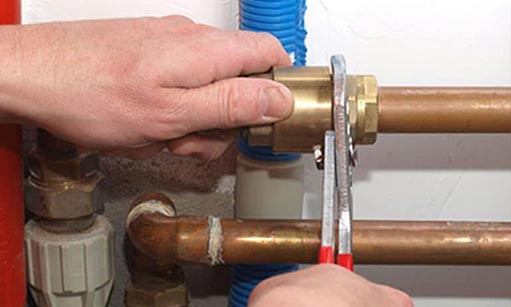
Ensuring the smooth operation of your bathroom plumbing is essential for maintaining a comfortable and functional living space. Whether faced with leaking faucets, clogged drains, or the need for installations, finding the right plumbing service is crucial. Here we aim to assist residents in selecting a reputable plumbing service in Chicago to address their plumbing needs. From assessing requirements to researching companies, obtaining quotes, and verifying credentials, each step is essential in ensuring quality service and peace of mind. Following the outlined steps and considerations, you can confidently make informed decisions and secure the expertise of experienced professionals to maintain the integrity and efficiency of your bathroom plumbing systems.
Assessing Your Plumbing Needs is Important to Secure the Best Plumbing Service in Chicago
Before seeking a plumbing service in Chicago, it’s essential to assess your bathroom plumbing requirements thoroughly. Start by identifying any issues you’re experiencing, such as leaks, clogs, or malfunctioning fixtures. Take note of any signs of water damage or unusual noises that could indicate sewer line problems. Consider the age and condition of your plumbing fixtures and pipes, as older systems may require maintenance or upgrades to improve efficiency and prevent future problems. Also, evaluate your long-term goals for your bathroom, such as remodeling projects or upgrades to enhance functionality and aesthetics. By carefully assessing your plumbing needs, you can provide the plumbing service with valuable information to accurately diagnose issues and recommend appropriate solutions, ensuring efficient and effective repairs or installations tailored to your specific requirements.

Always act swiftly because water leaks can damage your bathroom.
Inquiring About Experience Is a Good Strategy
When selecting a plumbing service, it’s crucial to inquire about the company’s experience and expertise. Begin by asking how long they have been in business and whether they specialize in residential or commercial plumbing. You should also request information about the qualifications and training of their technicians, including any certifications or licenses they hold. In addition, inquire about their familiarity with common and major bathroom plumbing issues and their track record of successfully resolving similar problems. Discuss any specialized services or techniques they offer, such as trenchless sewer repair or if hydro-jetting your sewer line is an option. By asking about their experience, you can gain confidence in their ability to handle your plumbing needs competently and efficiently. Moreover, understanding their level of expertise enables you to make an informed decision and ensures that you receive high-quality service from skilled professionals adept at addressing your plumbing concerns.
Reading Reviews is Smart
It’s crucial to thoroughly examine customer reviews before engaging a service provider, whether for plumbing needs or any other requirement. These testimonials offer valuable insights into the quality of service offered, aiding in the decision-making process. When perusing reviews, focus on responsiveness, professionalism, and problem-solving abilities. Pay attention to recurring themes in both positive and negative feedback to gauge the overall reputation of the service provider. Validating reviews across multiple platforms enhances credibility and provides a more comprehensive understanding.

When seeking Bathroom Plumbing Service in Chicago, prioritize companies with a proven track record of reliability, expertise, and customer satisfaction.
Emergency Services
When selecting a plumbing service, you must inquire about their emergency services. Make sure the company offers prompt assistance for urgent plumbing issues, such as a burst pipe emergency or severe leaks. Ask about their availability outside regular business hours, including evenings, weekends, and holidays. Inquire about their response time and procedures for handling emergency calls to assess their reliability in critical situations. Also, verify whether there are any extra charges associated with emergency services and clarify the billing process beforehand. By choosing a plumbing company that provides reliable emergency plumbing services, you can have peace of mind knowing that help is readily available when unexpected plumbing problems arise, minimizing potential damage to your property and ensuring the safety and comfort of your household.
Unfortunately, even with expert emergency services a phone call away, if the plumbing issue is severe, you might have to find temporary housing until the problem is solved or at least move your belongings into storage to prevent water damage. Therefore, you should prepare for such situations as well. Namely, you should find top movers in Chicago offering last-minute moving and storage services so you can call them in case of an emergency. To ease this task, you can use the Verified Movers database of licensed movers and carefully read customer reviews before making a choice.
Scheduling a Consultation
Before finalizing your decision, it’s prudent to schedule a consultation. Contact the company to arrange a meeting where you can discuss your bathroom plumbing needs in detail. Use this opportunity to ask questions about their services, expertise, and pricing. Provide relevant information about your plumbing issues or projects, such as the type of repairs needed or the scope of a renovation. During the consultation, assess the professionalism and communication skills of the company’s representatives. Take note of how well they listen to your concerns and whether they provide clear and informative responses.

Don’t ignore minor plumbing issues in your bathroom. Promptly addressing them can prevent them from escalating into larger, more expensive problems.
Guarantees and Warranties
When selecting a plumbing company, you must inquire about the guarantees and warranties they offer. These things provide peace of mind and protect you in the event of any issues with the plumbing services provided. Ask the plumbing company about their guarantee for workmanship, ensuring that they stand behind their services and will address any problems that arise after completion. In addition, inquire about warranties for parts or fixtures installed during the service, verifying the duration and coverage provided. Understanding the terms and conditions of guarantees and warranties allows you to make an informed decision and protects you against unexpected expenses or repairs. By choosing a plumbing company that offers comprehensive guarantees and warranties, you can trust in the quality of their work and have confidence in the longevity of your plumbing solutions.
Conclusion
In conclusion, ensuring the efficiency and reliability of your bathroom plumbing service in Chicago is essential for maintaining a comfortable and functional living environment. By following the comprehensive guide outlined above, you can confidently navigate the process of selecting a reputable plumbing service. Whether you’re facing minor repairs or major installations or require emergency assistance, choosing the right plumbing service is paramount. After all, it will contribute to your home’s overall comfort and well-being.
